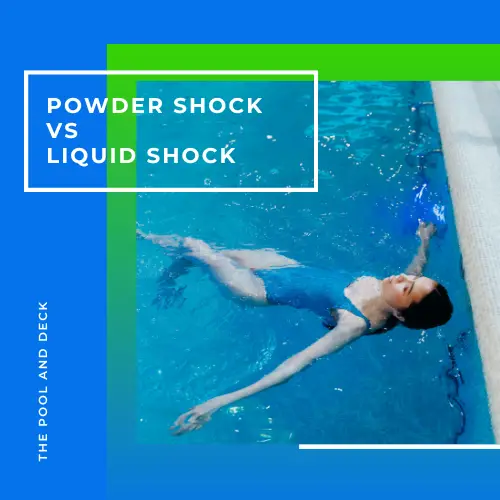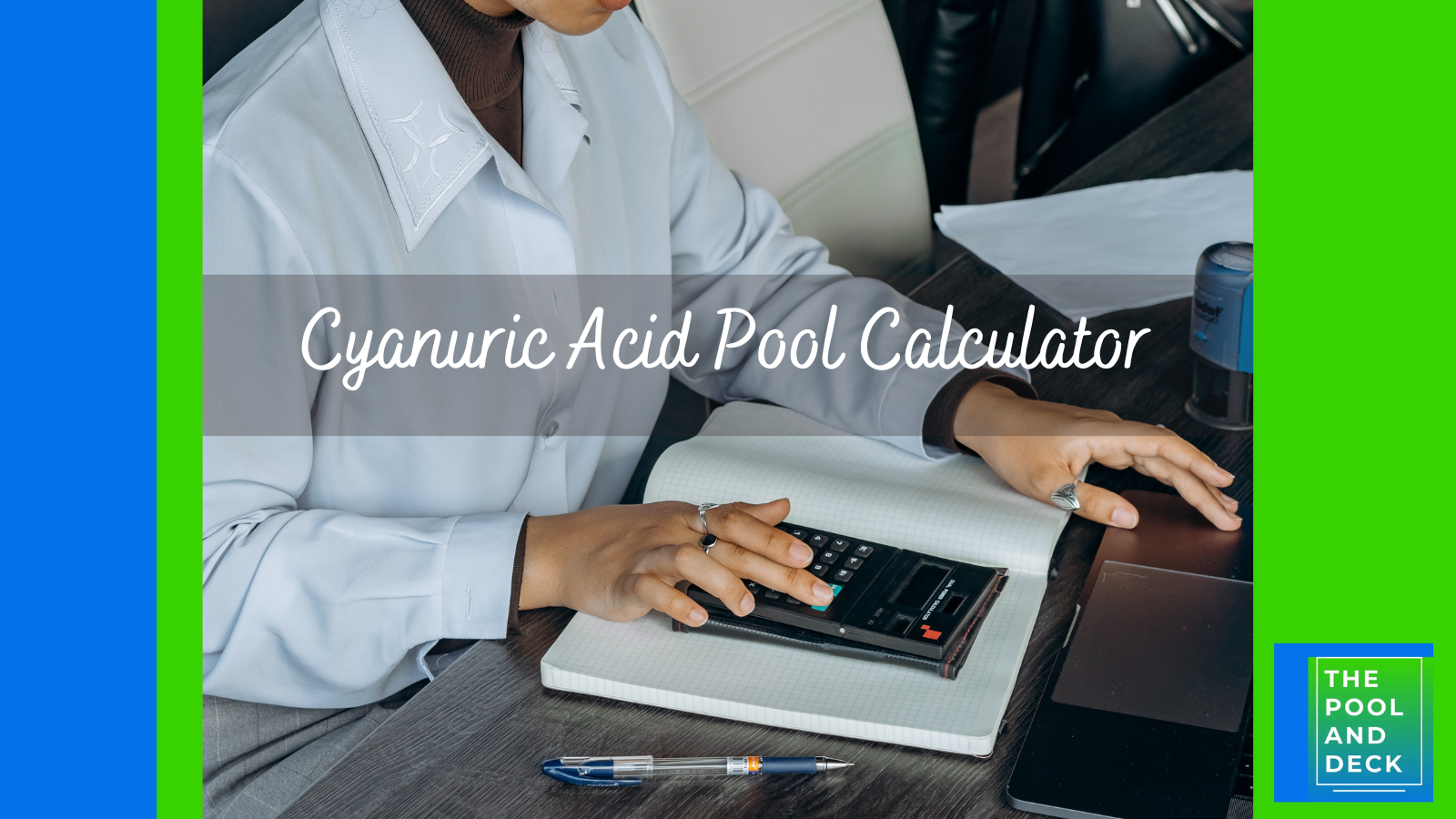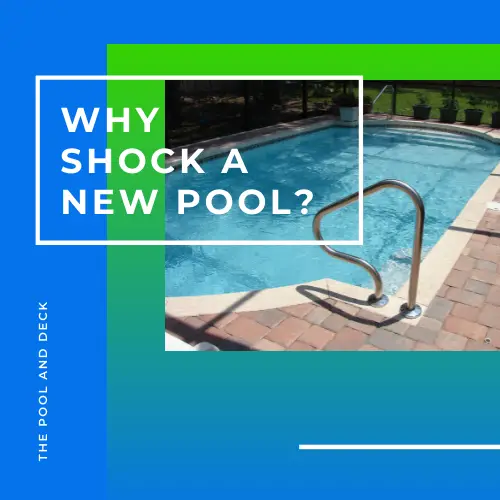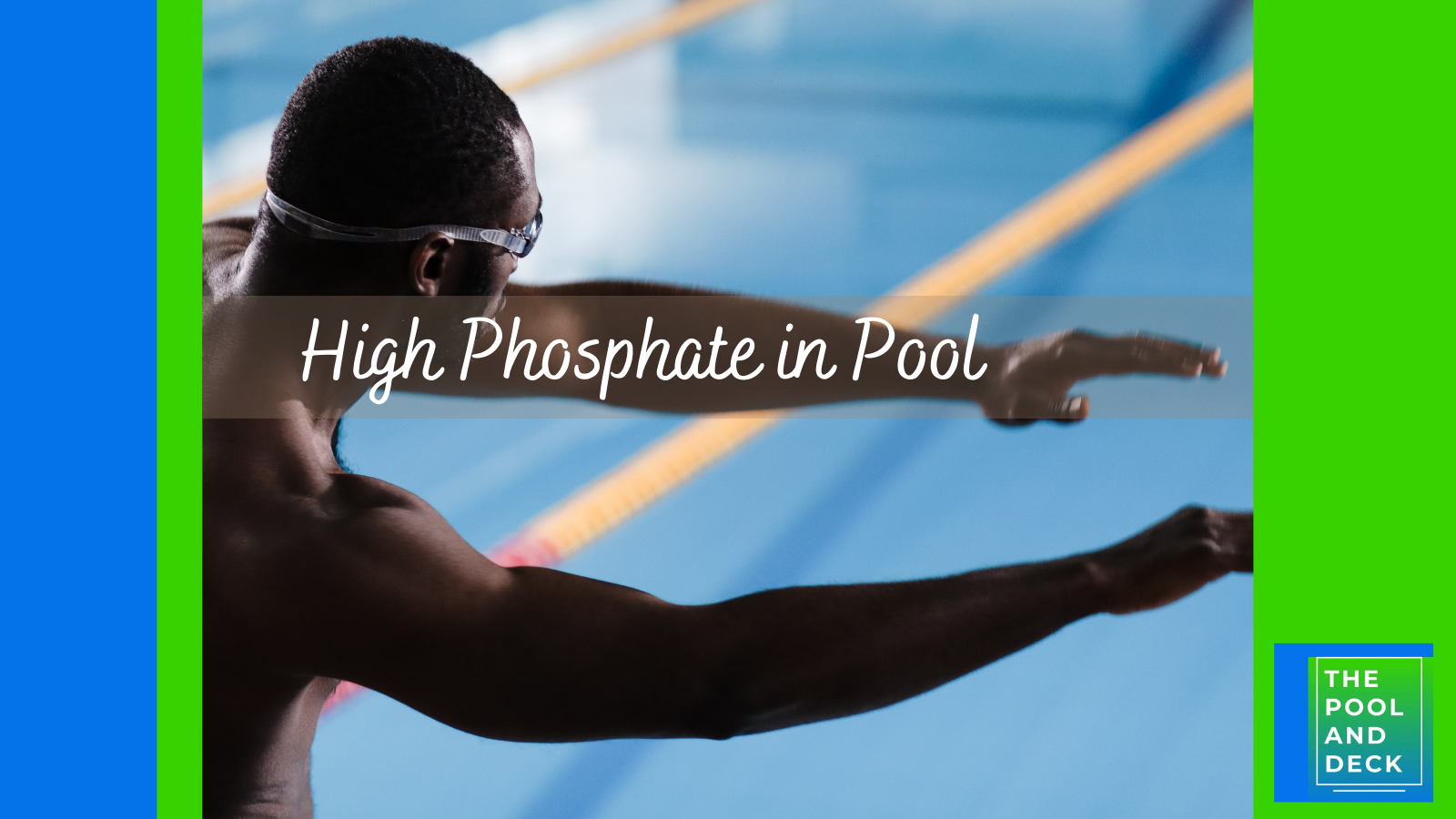2025 Free Pool Baking Soda Calculator to Raise Total Alkalinity (TA)
As an Amazon Associate, I earn from qualifying purchases.
Pool Baking Soda Calculator
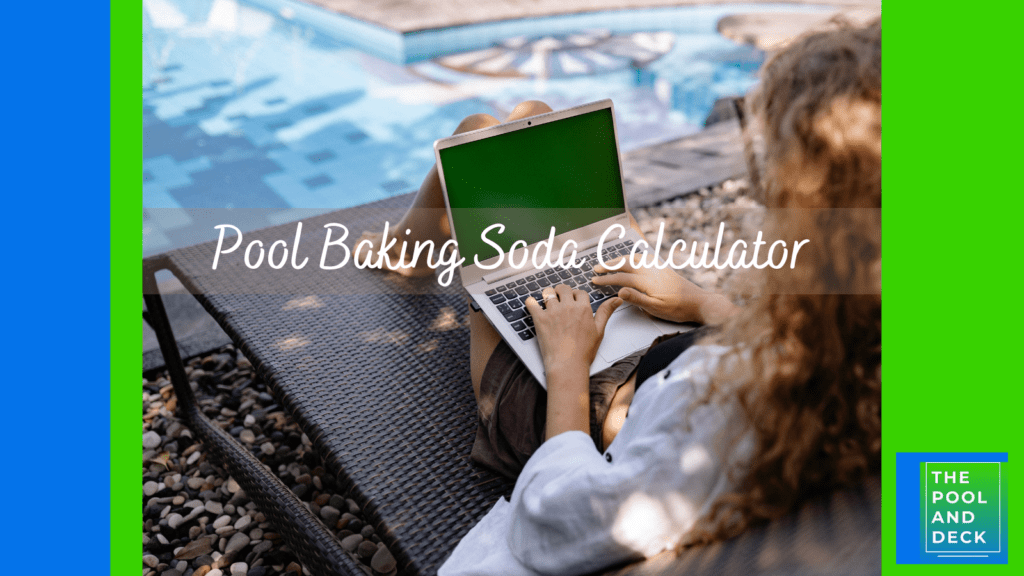
Please feel free to use the Pool Baking Soda Calculator below.
Enter the Existing Total Alkalinity (TA) Level and the Pool Water Volume (Gallons) to get the Baking Soda Dose (oz) to bring the TA Level to a healthy 100 ppm. (The calculator assumes a pH of 7.5)
Pool Baking Soda Calculator
Importance of Total Alkalinity (TA) Level in Pool
Alkalinity, often referred to as “Total Alkalinity (TA),” is a measure of the amount of carbonates and other similar chemicals in the pool water. Not sure what a carbonate is? The most common carbonates are limestone and chalk powder (calcium carbonate).
Total Alkalinity (TA) is water’s ability to neutralize acids. Alkalinity is a pH buffer. The right amount of alkalinity tempers the fluctuations in the pool pH. Unlike pH, Total Alkalinity (TA) is measured in ppm (parts per million).
The Total Alkalinity in your pool can drop. If the Total Alkalinity (TA) of your pool water is too low, the pH can fluctuate wildly. If it’s too high, it can cause the pH to rise and lead to issues like cloudy water and scaling.
Ideal Range for pH and Total Alkalinity in the Pool
The recommended pH range for a pool is typically between 7.2 and 7.8. This range ensures that your pool is safe for swimming, optimizes the effectiveness of the chlorine, and helps keep your pool clean and clear. The ideal range would be between 7.4 and 7.6.
The recommended alkalinity range for a pool is typically between 80 and 120 parts per million (ppm). Maintaining alkalinity within this range helps stabilize the pH and prevents problems associated with unbalanced pool water.
When adjusting Total Alkalinity (TA), shoot for 100 ppm, which is the perfect level.
Role of Baking Soda in Increasing TA
Both Baking Soda and Soda Ash can be used to increase the Total Alkalinity in a pool. The difference is that Baking Soda raises alkalinity without affecting pH, while Soda Ash raises both alkalinity and pH.
As such, Baking Soda is generally the preferred choice for increasing Total Alkalinity (TA).
Best Baking Soda
America's #1 Baking Soda Brand. Raises the total alkalinity level to ensure healthy swimming pool water. Helps prolong the life of pool surfaces and equipment.
How to Raise Total Alkalinity in a Pool
You can raise total alkalinity of your pool either by adding baking soda or soda ash. Generally speaking Baking Soda is a better option, unless the pH is very low too!
Step 1: Test your pool water
Use a pool testing kit to measure the alkalinity level of your pool water. The ideal range for total alkalinity is between 80 and 120 ppm.
You should consider raising the alkalinity level to 100 ppm as that TA level is the best. In other words, irrespective of whether the pool alkalinity is 70 ppm or 90 ppm, aim for 100 ppm.
Pool testing strips or kits are readily available at pool supply stores or on Amazon. So get one, if you do not already have one.
Step 2: Choose an alkalinity increaser
There are two common types of alkalinity increasers: baking soda and sodium carbonate (soda ash).
Baking soda raises alkalinity without affecting pH, while soda ash raises both alkalinity and pH.
So consider the pH level of your pool before deciding whether baking soda or soda ash is right for your pool water chemistry.
Step 3: Calculate the amount of Baking Soda to add
The amount of Baking Soda you need to add will depend on the size of your pool and the current alkalinity level. You can use the above pool baking soda calculator to help you determine the correct amount.
Step 4: Add the Baking Soda to your pool
Disperse the Baking Soda evenly across the pool surface. Do not pour it directly into the skimmer.
Step 5: Wait for the Baking Soda to work
Run the pool pump initially to ensure the Baking Soda is well dispersed. It will take 6 to 24 hours for the Baking Soda to work. During this time, do not add any other chemicals to your pool.
Step 6: Retest your pool water
After 6 to 24 hours, retest your pool water to check the alkalinity level. If the alkalinity level is still too low, repeat the process.
Do you need access to all my Pool Chemical Calculators? Just click the button below:
Thank you very much for reading the post. I do hope you found it informative and helpful.


